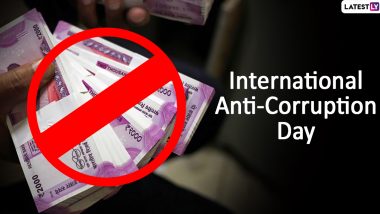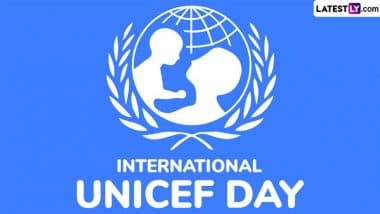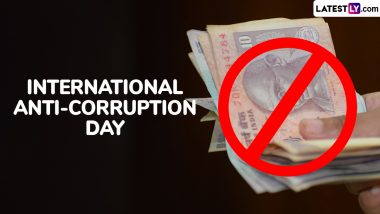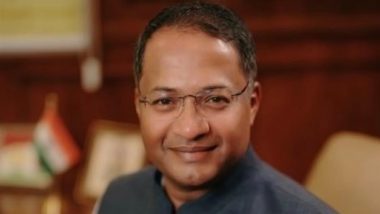Corruption continues to remain one of the malices that plagues the economy of several countries, particularly those based in the third-world. The rampant cases of graft deprives the beneficiaries of government aide, dampens the pace of development and leads to an overall deficit in national wealth. At a time when the world is facing a pandemic, corruption remains one of the foremost challenges in the path to economic recovery. The International Anti-Corruption Day of the United Nations, observed annually on December 9, focuses this year on the issue of corruption amidst a global health emergency.
States all over the world have taken significant measures to address the health emergency and to avoid a global economic collapse. They hastily mobilised billions in funds to procure medical equipment and provide an economic safety net for citizens and businesses in distress. The urgent responses required, however, led some States to trade compliance, oversight and accountability for achievement of rapid impact, thus creating significant opportunities for corruption. Nicolas Sarkozy Becomes First Former French President to Go on Trial for Corruption.
"RECOVER with INTEGRITY", the theme of International Anti-Corruption Day 2020, highlights that only by putting effective corruption mitigation measures in place will a better recovery be possible, while it also emphasises that inclusive COVID-19 recovery can only be achieved with integrity.
"Corruption is criminal, immoral and the ultimate betrayal of public trust. It is even more damaging in times of crisis – as the world is experiencing now with the COVID-19 pandemic. The response to the virus is creating new opportunities to exploit weak oversight and inadequate transparency, diverting funds away from people in their hour of greatest need," UN Secretary-General, António Guterres, said.
History and Significance of the UN Observance
Corruption is a complex social, political and economic phenomenon that affects all countries. Corruption undermines democratic institutions, slows economic development and contributes to governmental instability.
Corruption attacks the foundation of democratic institutions by distorting electoral processes, perverting the rule of law and creating bureaucratic quagmires whose only reason for existing is the soliciting of bribes. Economic development is stunted because foreign direct investment is discouraged and small businesses within the country often find it impossible to overcome the "start-up costs" required because of corruption.
On 31 October 2003, the General Assembly adopted the United Nations Convention against Corruption and requested that the Secretary-General designate the United Nations Office on Drugs and Crime (UNODC) as secretariat for the Convention’s Conference of States Parties (resolution 58/4).
The Assembly also designated 9 December as International Anti-Corruption Day, to raise awareness of corruption and of the role of the Convention in combating and preventing it. The Convention entered into force in December 2005.
Governments, the private sector, non-governmental organisations, the media and citizens around the world are joining forces to fight this crime. The United Nations Development Programme(UNDP) and the United Nations Office on Drugs and Crime (UNODC) are at the forefront of these efforts.
(The above story first appeared on LatestLY on Dec 09, 2020 12:21 AM IST. For more news and updates on politics, world, sports, entertainment and lifestyle, log on to our website latestly.com).





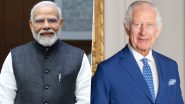







 Quickly
Quickly









